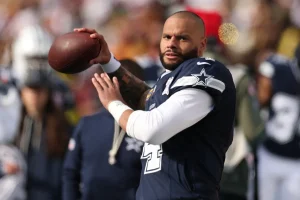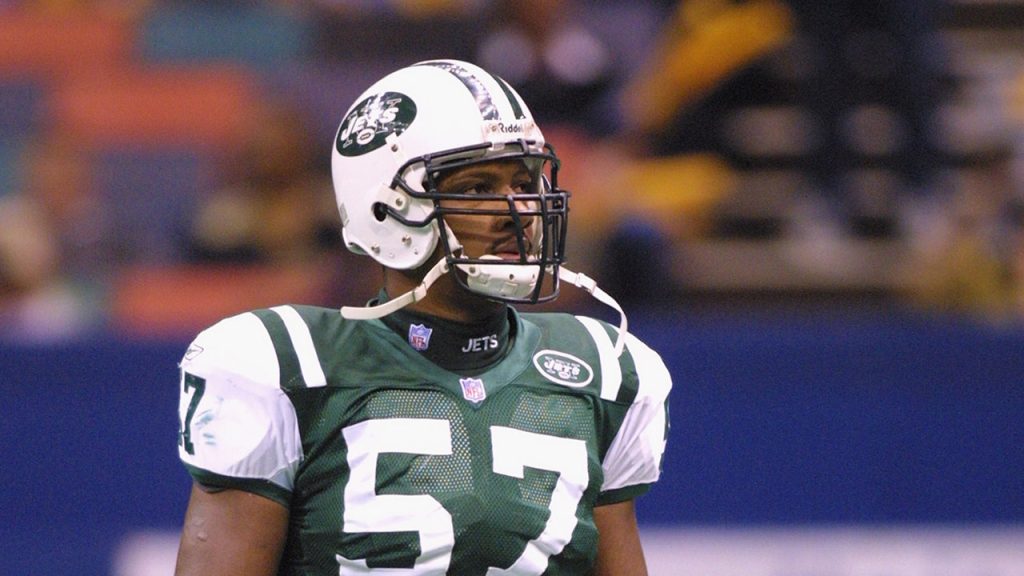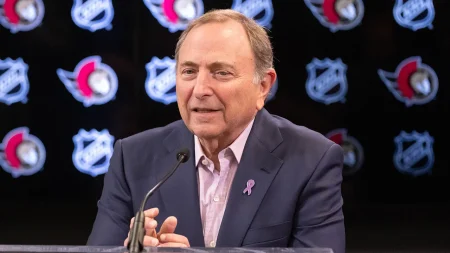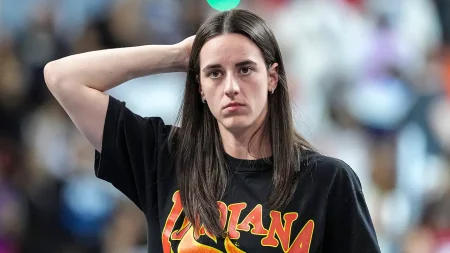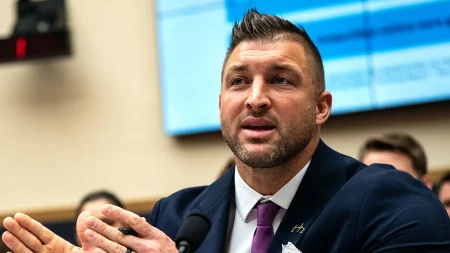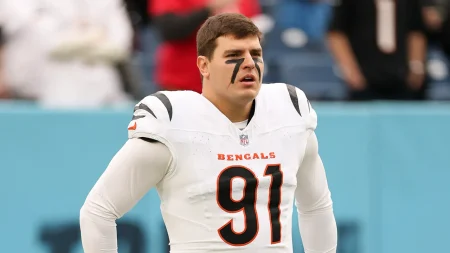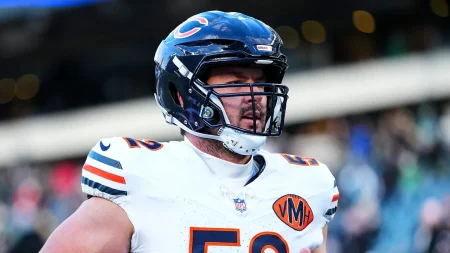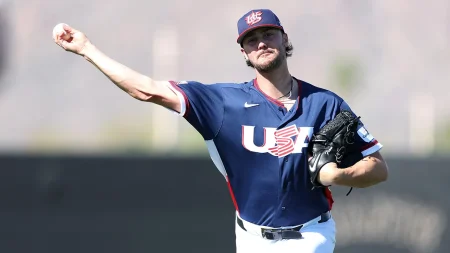The Tackle That Changed the NFL: Mo Lewis’s Hit on Drew Bledsoe
In the annals of NFL history, certain moments transcend the ordinary and reshape the sport’s trajectory. One such pivotal moment occurred in 2001 when New York Jets linebacker Mo Lewis delivered a tackle that would unknowingly launch one of the greatest dynasties in professional sports.
Lewis, who spent his entire professional career with the Jets, made what seemed like a routine play at the time—tackling New England Patriots starting quarterback Drew Bledsoe. The hit forced Bledsoe out of the game, creating an opening for an unheralded backup named Tom Brady to take the field. What followed was extraordinary: Brady seized the opportunity, permanently claimed the starting position, and eventually built a legacy that includes seven Super Bowl victories—six with the Patriots and one with the Tampa Bay Buccaneers. While football fans and analysts have often credited (or blamed) Lewis for inadvertently launching Brady’s legendary career, Lewis himself offers a different perspective. In Gary Myers’ book “Brady vs. Belichick,” Lewis deflects responsibility, suggesting that Bledsoe’s decision to scramble outside the pocket—deviating from his role as a passing quarterback who had recently signed a $100 million contract—was the real catalyst. “Had he not got outside the pocket and ran with the ball, would we be talking about this?” Lewis pointed out. “Who caused the event? The person who was with the ball.”
The play itself was deemed legal, though notably intense. Bledsoe had scrambled to gain enough yardage for a first down when Lewis pursued and delivered the fateful hit. For Lewis, this was simply performing his job: stopping the ball carrier. “Now he’s doing what he didn’t sign up for,” Lewis remarked about Bledsoe’s decision to run. “He signed up to be a passing quarterback. What do I do? I stop the people with the ball. It’s just another play for me. But it’s a different play for him.” This straightforward perspective highlights the disconnect between how Lewis viewed the tackle—as just another defensive play in his career—and how the football world remembers it as the inciting incident for the Brady era.
In the years following his retirement after the 2003 season, Lewis has largely retreated from the public eye and avoided media appearances or events associated with the Jets. According to ESPN reports citing Lewis’s former teammates, this withdrawal stems from his frustration at being primarily remembered for the Bledsoe tackle rather than for his accomplished 13-year career. The single play has overshadowed his impressive achievements, including three Pro Bowl selections and first-team All-Pro honors in 1998. Despite his teammates’ observations about his frustration, Lewis himself maintains a measured stance on the play’s significance in his life: “It’s really irrelevant to me. It was just another play to me. To you all, it’s a big game-changing, history-changing play. I’ve never gone back to watch the play. If people want to talk about it, I don’t hide from it. But it has no importance to me.”
The ripple effects of that single tackle extended far beyond that Sunday in 2001. Brady’s ascension fundamentally altered the NFL landscape, ushering in a two-decade period of dominance for the Patriots under coach Bill Belichick. The Patriots’ dynasty featured nine Super Bowl appearances and six championships between 2001 and 2019, establishing Brady as arguably the greatest quarterback in NFL history. Even after departing New England, Brady continued his winning ways, capturing a seventh Super Bowl title with Tampa Bay—further cementing his legacy as the most successful player in NFL history. All of this unfolded from what Lewis considers “just another play”—a routine tackle that, through the strange alchemy of sports, transformed into a moment that divides NFL history into distinct eras: before and after Tom Brady became a starter.
Looking back at this watershed moment offers valuable perspective on how careers and legacies are shaped in professional sports. For Bledsoe, a respected quarterback with his own accomplishments, the play marked the unexpected end of his Patriots tenure. For Brady, it provided the opportunity that launched an unparalleled career. And for Mo Lewis, it created an unforeseen legacy that both overshadows and complicates his own considerable achievements. The story serves as a reminder of how thin the line can be between obscurity and immortality in sports, and how a single play—one that seemed unremarkable in the moment—can echo through decades of football history, shaping championships, careers, and the very narrative of the sport itself.

